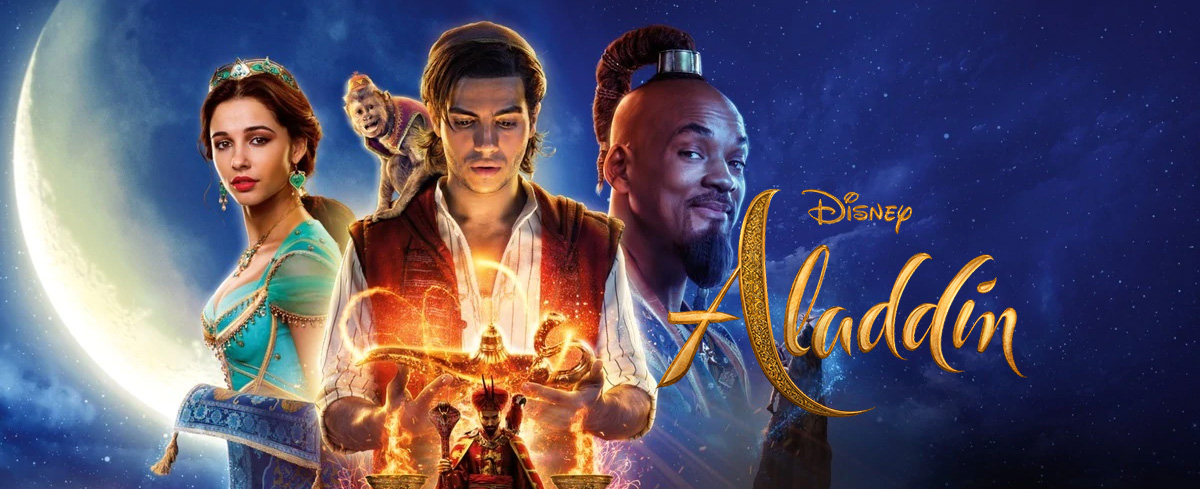A Muslim civil rights group has blasted Disney for releasing Aladdin during the “Trump era”, saying the story is rooted in racism, Orientalism, and Islamophobia.
The Council on American Islamic Relations (CAIR), the largest Muslim rights group in the United States, has urged movie reviewers to address the racial and Islamophobic stereotypes perpetuated in the live-action remake of Disney’s Aladdin.
Nihad Awad, National Executive Director at CAIR said in a statement issued on CAIR’s website:
The Aladdin myth is rooted by racism, Orientalism and Islamophobia. To release it during the Trump era of rapidly rising anti-Muslim, anti-immigrant and racist animus only served to normalize stereotyping and to marginalize minority community.
The overall setting, tone and character development in the ‘Aladdin’ story continues to promote stereotypes, resulting in a perpetuation of Islamophobic ideas and images. We urge the public and film critics to scrutinize the new production of ‘Aladdin’ in light of its historical context and today’s toxic environment for all minority communities.
CAIR also criticised Disney for depicting Muslims as barbaric and uncivilised. A similar charge was brought against Disney back in 1992 with the release of the original animated feature.
A number of lines in the opening song, Arabian Nights, angered Muslim groups, forcing Disney to alter the lyrics which originally read: “Oh, I come from a land / From a faraway place / Where the caravan camels roam / Where they cut off your ear / If they don’t like your face / It’s barbaric, but hey, it’s home”
The new lines adopt a more multicultural and inclusive feel: “Where you wander among / Every culture and tongue / It’s chaotic, but hey, it’s home”
Despite Disney’s efforts to address concerns raised by Muslim groups, CAIR claims the racist themes of the original animated cartoon have seemingly reemerged 25 years later in the live-action remake.
According to CAIR, the Aladdin story was originally an “invention of French orientalist Antoine Galland and made popular in English by Richard Burton who overly-sexualized the story to further exotify Arabs and Muslims.”





















